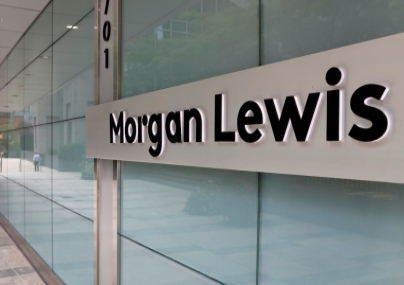The China Securities Regulatory Commission (CSRC) has banned the use of over-the-counter (OTC) derivatives as a financing channel, in a fresh move to restrict risky shadow banking businesses, according to a CSRC notice obtained by Reuters, and confirmed by two sources.
The regulator has also urged brokerages to strengthen risk control over OTC derivatives, and barred securities firms from facilitating transactions that dodge regulatory oversight.
The sources declined to be identified because they're not authorized to speak to the media. CSRC did not offer any immediate comment when contacted by Reuters.
CSRC Chairman Liu Shiyu has been stepping up a crackdown on loosely-regulated shadow banking, which has helped channel money into inefficient sectors such as mining and real estate, and contributed to the stock market's boom-and-bust last year.
The move also comes as Beijing is accelerating the pace of deleveraging amid rising concerns of debt-fuelled stimulus.
In the notice, dated Nov. 2, CSRC said it would "further regulate brokerages' OTC derivative business, and effectively ward off and control risks."
More specifically, brokerages are banned from providing financing to clients using OTC derivatives, and must not facilitate OTC transactions designed to skirt supervision, according to the notice.
A source said CSRC is mainly targeting the so-called return swap business, which allows investors to obtain leverage from brokerages to bet on stocks or other financial assets.
Earlier this year, CSRC restricted shadow banking businesses conducted by fund management firms, reining in explosive growth of their subsidiaries - a $1.5 trillion (1.2 trillion pound) business widely used by banks to move their loans off balance sheet to skirt regulatory oversight.


